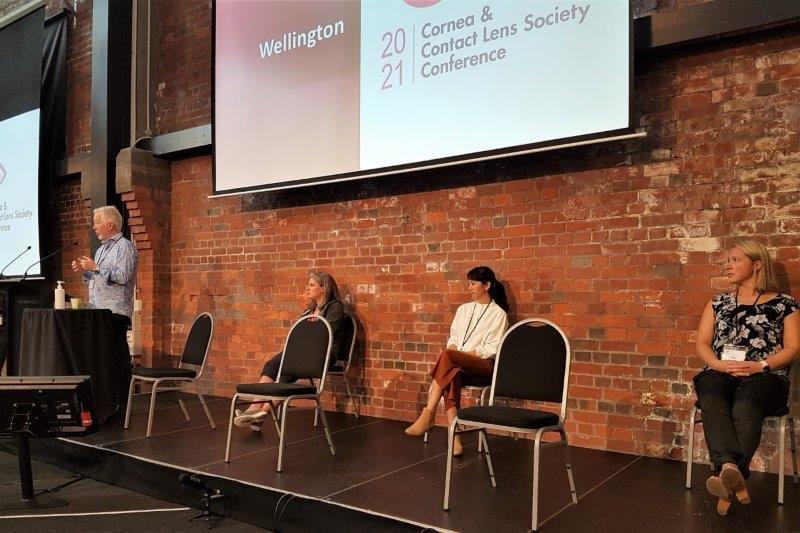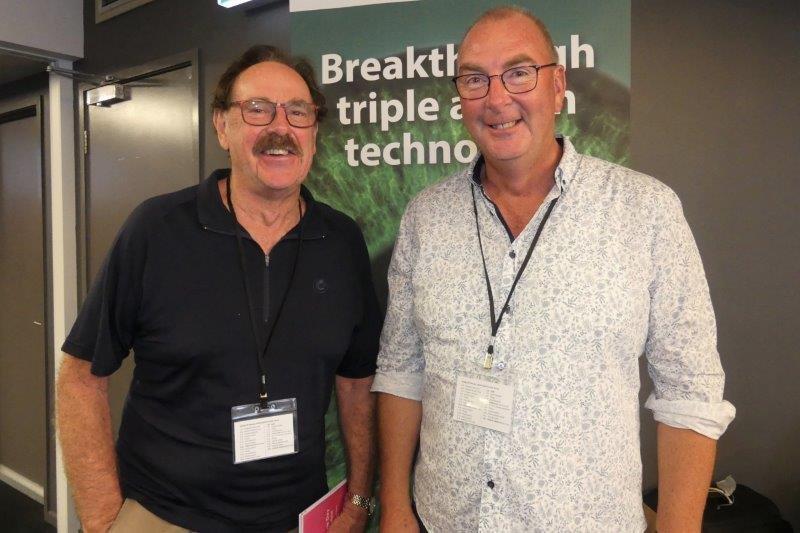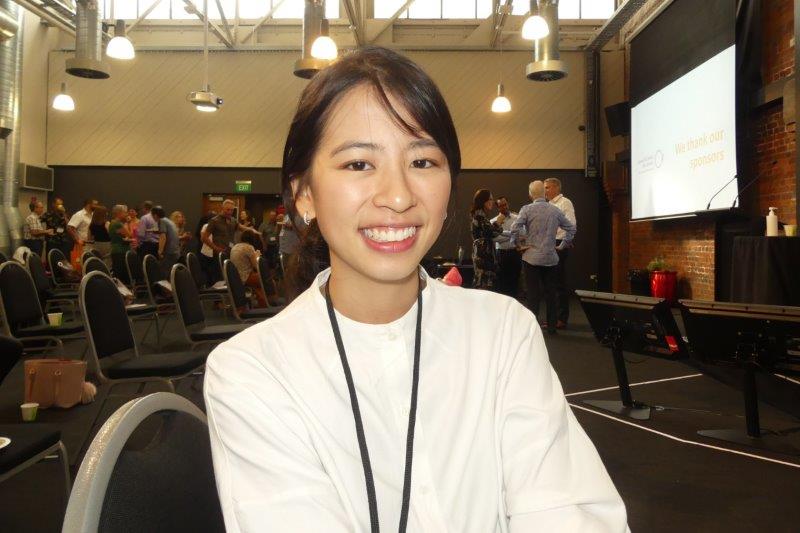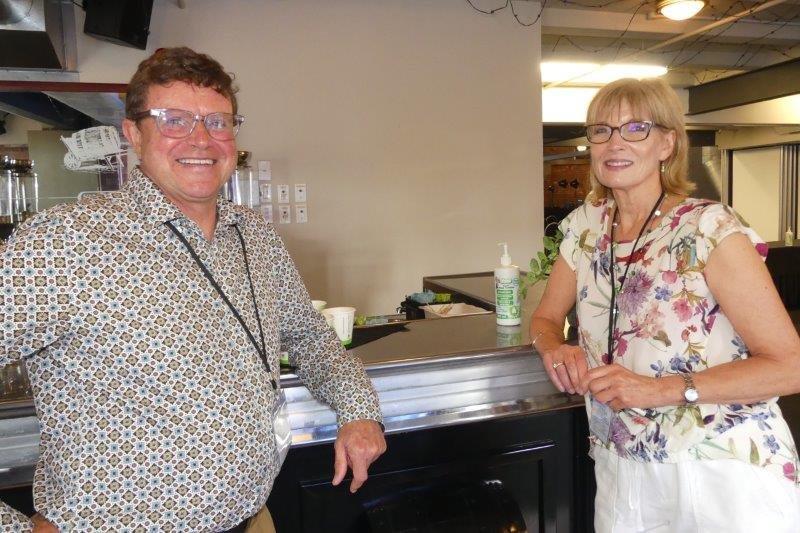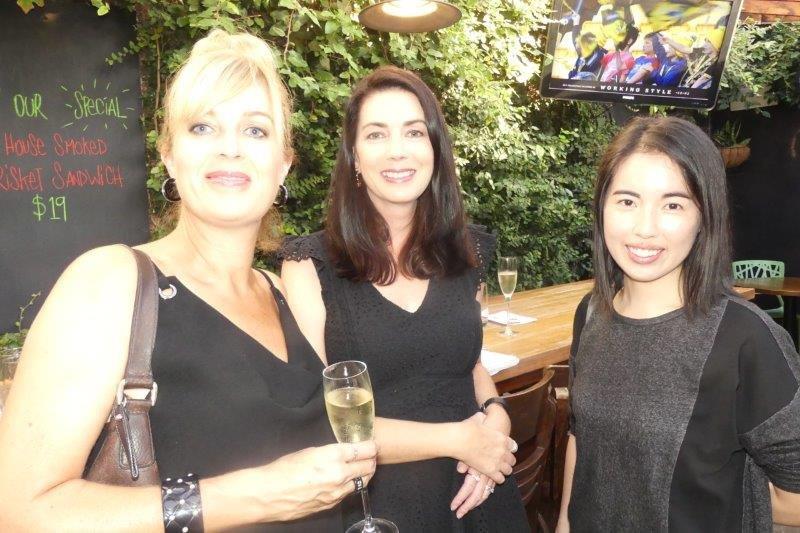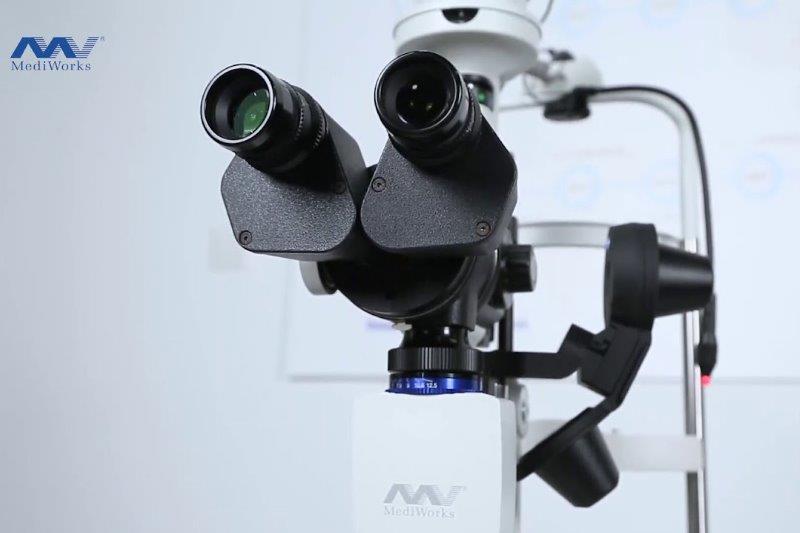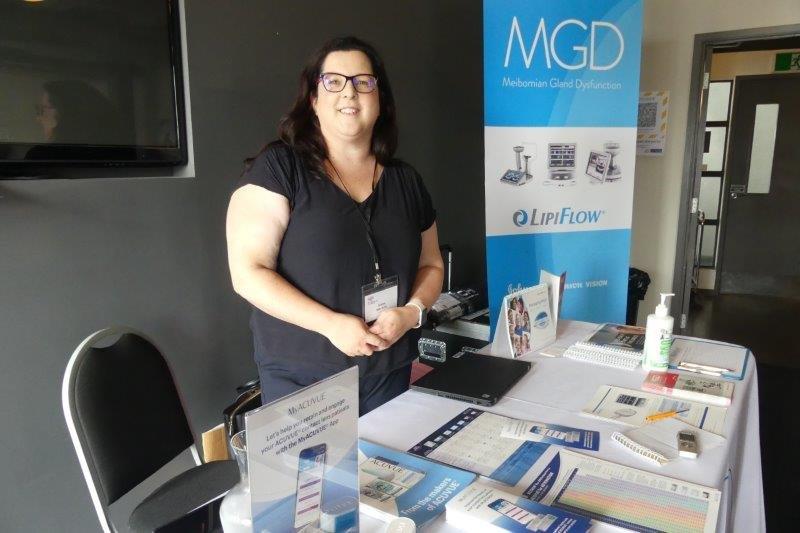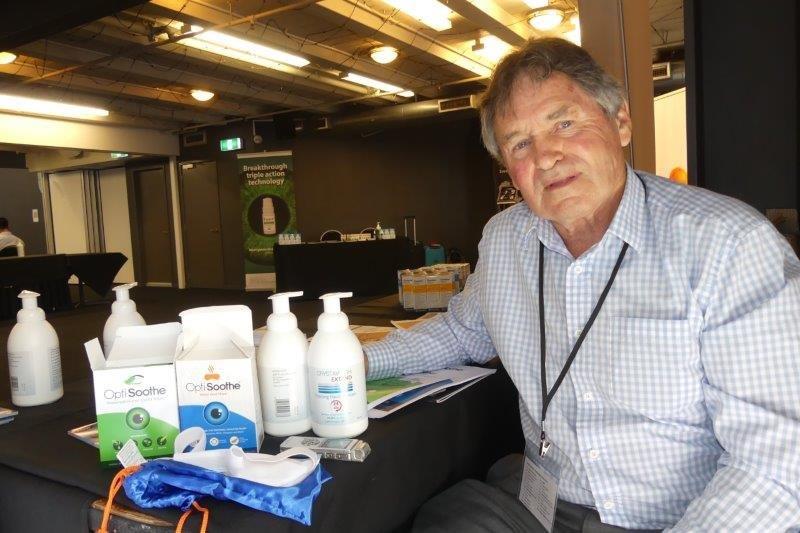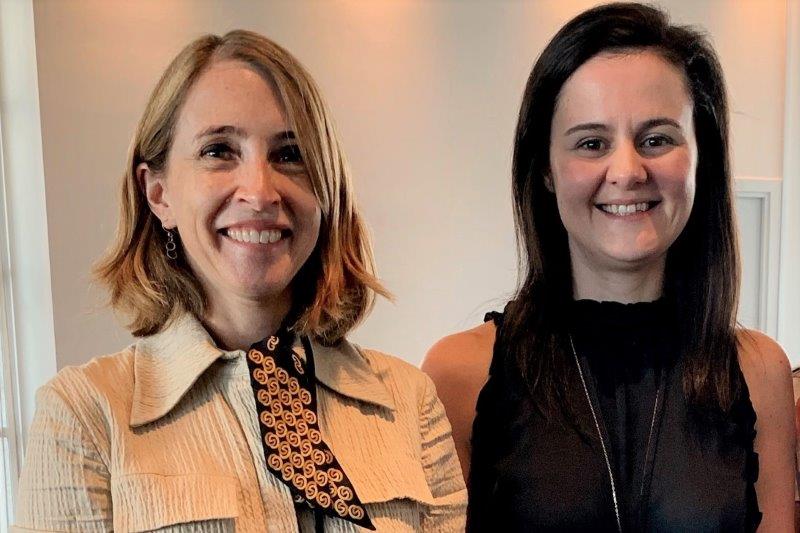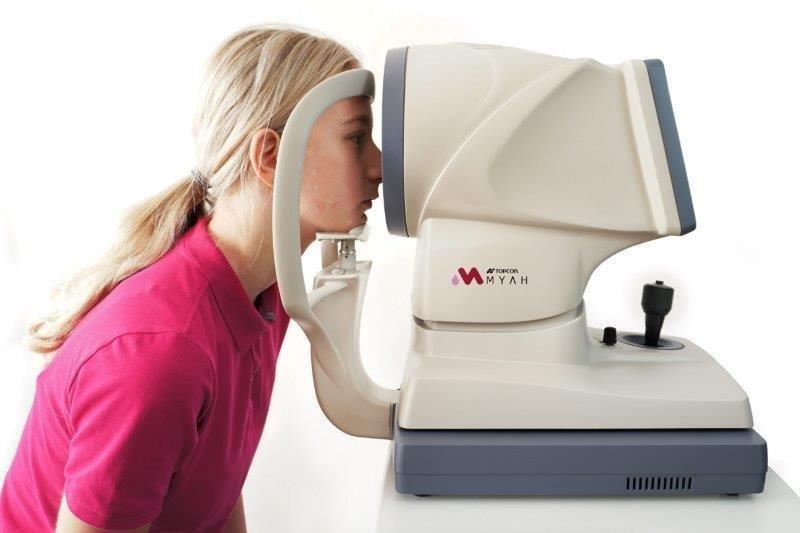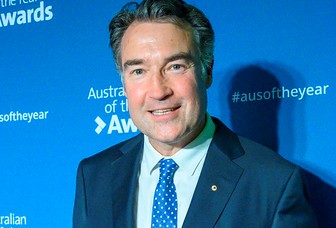CCLSNZ 2021: the conference that almost wasn’t
February 2020 saw the first cases of Covid-19 appear in New Zealand. Over the following weeks borders were gradually closed and, as we know, New Zealand went into lockdown in the last week of March. CCLSNZ’s one-day conference and the pre-conference myopia management workshop scheduled for the last weekend in March had to be cancelled. Everyone who registered was given a full refund and the CCLS council began to look ahead to the 2021 conference so it could fulfil its core remit - to provide education to members.
Under normal circumstances, the 2021 conference would have been a two-day event held in Christchurch. But over the course of 2020, the council decided that a two-day conference wasn’t wise, not least because we had a good-quality one-day programme and venue ready to use. Unfortunately, adding the myopia management workshop wasn’t an option because Kate and Paul Gifford live in Australia, on the wrong side of our closed border.
A virtual pivot for some
So, the perfectly formed one-day conference, full of local talent was re-scheduled for the last weekend in February 2021 at its traditional Wellington home next to Te Papa, with the council adopting a hybrid format so everyone could attend virtually if they wanted to or they had to. So when a Covid alert-level change was announced in the middle of the pre-conference dinner on Saturday night, the benefits of the hybrid format were immediately apparent. Asking the Wellington delegates to stay home and attend virtually brought the total number of attendees for the Sunday conference to under 100, so the conference was able to go ahead with spaced seating, individual meal servings and a modified trade display, all hastily organised the night before and the morning of the conference.
Pink pigs and the cornea
Keynote speakers Dr Sue Ormonde and Professor Charles McGhee began by reprising an impressive presentation they first performed at the CCLS Australia conference in 2019. That conference had a Pink Floyd theme, so the educational component of the presentation was interspersed with glorious visuals (think Muriwai Beach, motorised skateboards, electric guitars and bright pink inflatable pigs) together with a Pink Floyd soundtrack. As part of this presentation, Dr Ormonde discussed corneal erosion syndrome. Sufferers have increased levels of matrix metalloproteinases (MMP, or extracellular proteolytic enzymes) which is why doxycycline and azithromycin are a rung on the treatment ladder since both drugs inhibit MMP activity. Other rungs include bandage contact lenses, excimer laser phototherapeutic keratectomy (PTK) and alcohol delamination.
Prof McGhee covered corneal endothelial transplantation and how things have changed from the past to the present day, including the fact that DMEK (Descemet membrane endothelial keratoplasty) and DSEK (Descemet stripping endothelial keratoplasty) are done more frequently than PKP (penetrating keratoplasty). He presented conclusions to local studies comparing DMEK and DSEK to PKP (less invasive, fewer sutures, shorter steroid treatment, faster visual recovery) and DMEK to DSEK (better vision, quicker recovery but greater chance of re-bubbling). He also covered repairing malformed irises and outsize pupils, with some amazing pictures, showing how the results can seem like magic for a patient.
From cataract surgery to keratoconus
Later Prof McGhee talked about improving cataract surgery outcomes in New Zealand, presenting the results of a prospective analysis of 2,500 cases from the Auckland District Health Board. The analysis clearly showed that if cases are categorised as per their risk factors and degree of complexity and then assigned to a surgeon with the appropriate experience (instead of, say, a training registrar), then the number of poor outcomes drops. As a result, the difference in complication rates between registrars and consultants also drops. Additionally, if complication rates are analysed, solutions that improve results for all surgeons become evident. Reassuringly, the study also told us that the rates of all the analysed complications have dropped significantly over time.
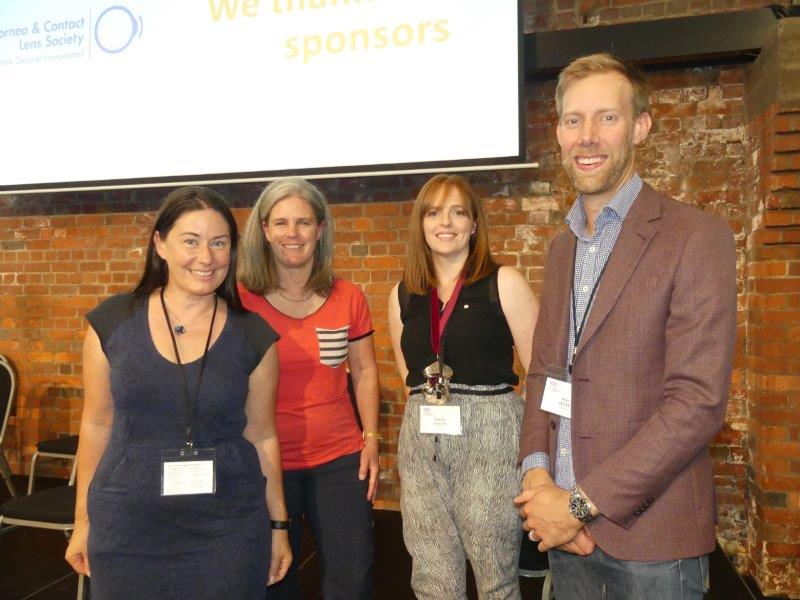
Speakers Drs Rachel Niederer and Sue Ormonde and new CCLSNZ president Eleisha Dudson and Alex Petty
In another interesting joint presentation with CCLSNZ president-elect Eleisha Dudson, Dr Ormonde discussed their co-management of a keratoconus patient. Dr Ormonde referred the patient to Dudson for a contact lens fitting and Dudson later referred the patient back to Dr Ormonde for a graft, who then referred them back for a post-graft fitting. The duo’s presentation was interlaced with amusing footage of what each was likely to be doing outside the clinic when the other person got in touch. In Dr Ormonde’s case playing polo (for the first time) and mountain-biking featured highly, while in Dudson’s it was handstands in public places and feats of daring gymnastics at the trampoline centre. Their clinical content was excellent, but it was the extra-curricular activities that will stay with me.
Other corneal crises and considerations
Tui Homer, an optometrist from Wanaka, which we were reliably informed is four hours from the nearest hospital, presented updates on cases involving some of her most challenging patients. She introduced some of these patients in CCLSNZ’s winter webinar series in 2020, so it was interesting to find out what had happened in the interim.
We also heard from Dr Rasha Altaie on ocular allergy, Dr James McKelvie on the pathogen Acanthamoeba, Janice Yeoman on ocular prosthetics, Dr Rachel Niederer on herpes zoster ophthalmicus (HZO, or shingles) vision loss, Adele Jefferies on a holistic approach to dry eye and Dr Joevy Lim on ocular melanotic lesions. Among other pearls, we learned that allergy represents an immune system programming error; 93% of Acanthamoeba patients experience pain as a symptom; and that you can get prosthetic eyes that move. Also new to me was the fact that dry-eye symptoms affect 59% of breast cancer patients, tea-tree oil can suppress meibomian gland function and cause atrophy, and that sleep deprivation can cause reduced tear secretion.
Thanks to a multi-talented bunch
Perhaps also given the last-minute effects of the alert level two lockdown, this year’s excellent CCLSNZ one-day conference left me with an overall impression that the women involved in CCLSNZ are a very talented bunch. They are articulate and intelligent, they perform surgery, make moulds for prosthetic eyes and play guitars, they ride bikes and horses, stand on their heads, raise children, organise conferences and respond well to a crisis.
CCLSNZ conferences have always had an informal dress code and neck ties are rarely worn. This year there was also a refreshing lack of high heels and short skirts. Afterall, it’s probably easier to evacuate the building quickly if you’re not in stilettos.
Talking to a Wellington colleague who attended virtually at short notice, it seems the audio-visual experience was also good. Though they felt that having to answer questions regarding each lecture was a bit of a distraction and of course they missed out on the social aspect, but it was a positive experience overall.
I’d particularly like to acknowledge our conference organiser, Karen McLean from Conference Makers Ltd. The hybrid conference was her brainchild and it ensured the conference went ahead in trying circumstances. Both the conference and the pre-conference dinner were enjoyable, well-run experiences and are a credit to her and her team.
CCLS Council update
At the AGM at CCLS NZ 2021, Eleisha Dudson was named as the new president and Dr Rasha Altaie vice president. Roberta McIlraith moves to immediate past president. Richard Newson remains as treasurer and Annette Morgan secretary. Anne Matheson retired from the council and was replaced by Dr Akilesh Gokul. Adele Jefferies, Dr James McKelvie and Jagrut Lallu remain as council members, though Lallu announced his decision to retire at next year’s AGM.
Anne Matheson is the director and principal optometrist at Sercombe and Matheson Opticians and a past president of CCLSNZ. Based in Wellington, she studied optometry and ocular pharmacology at the University of Auckland.








